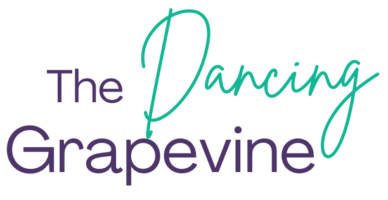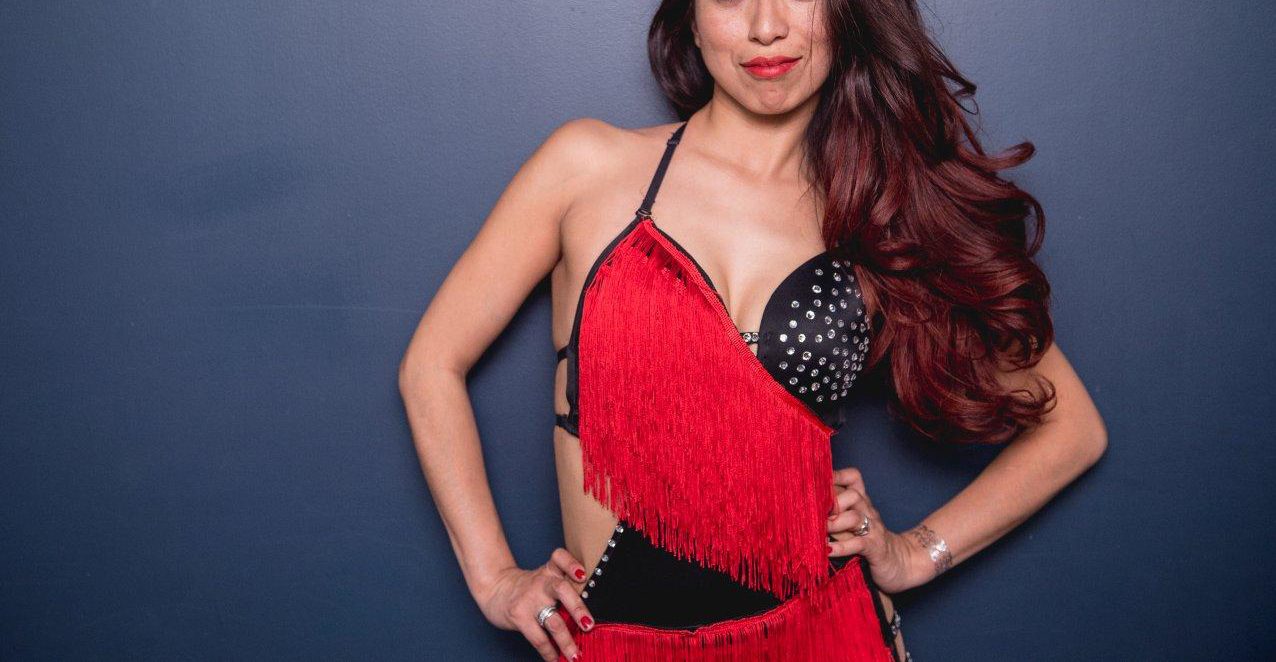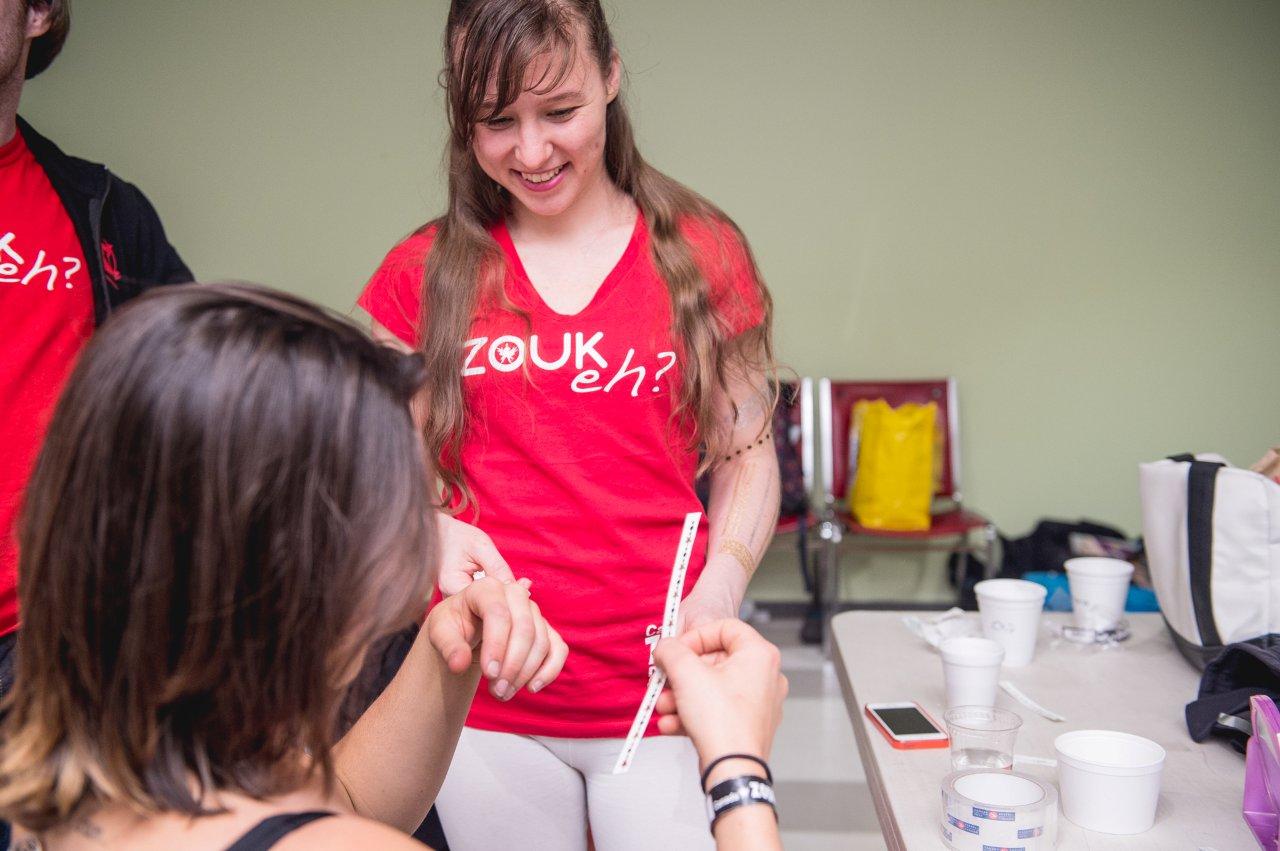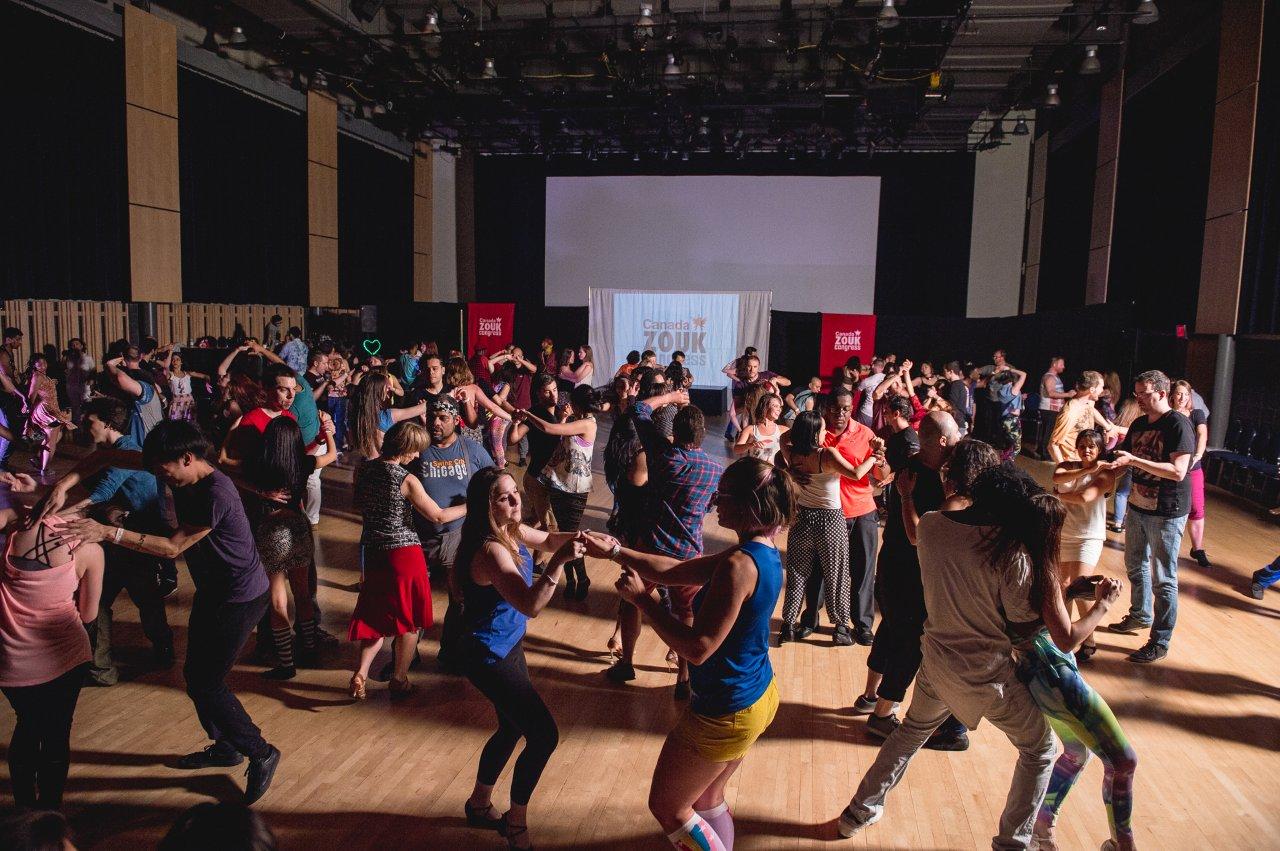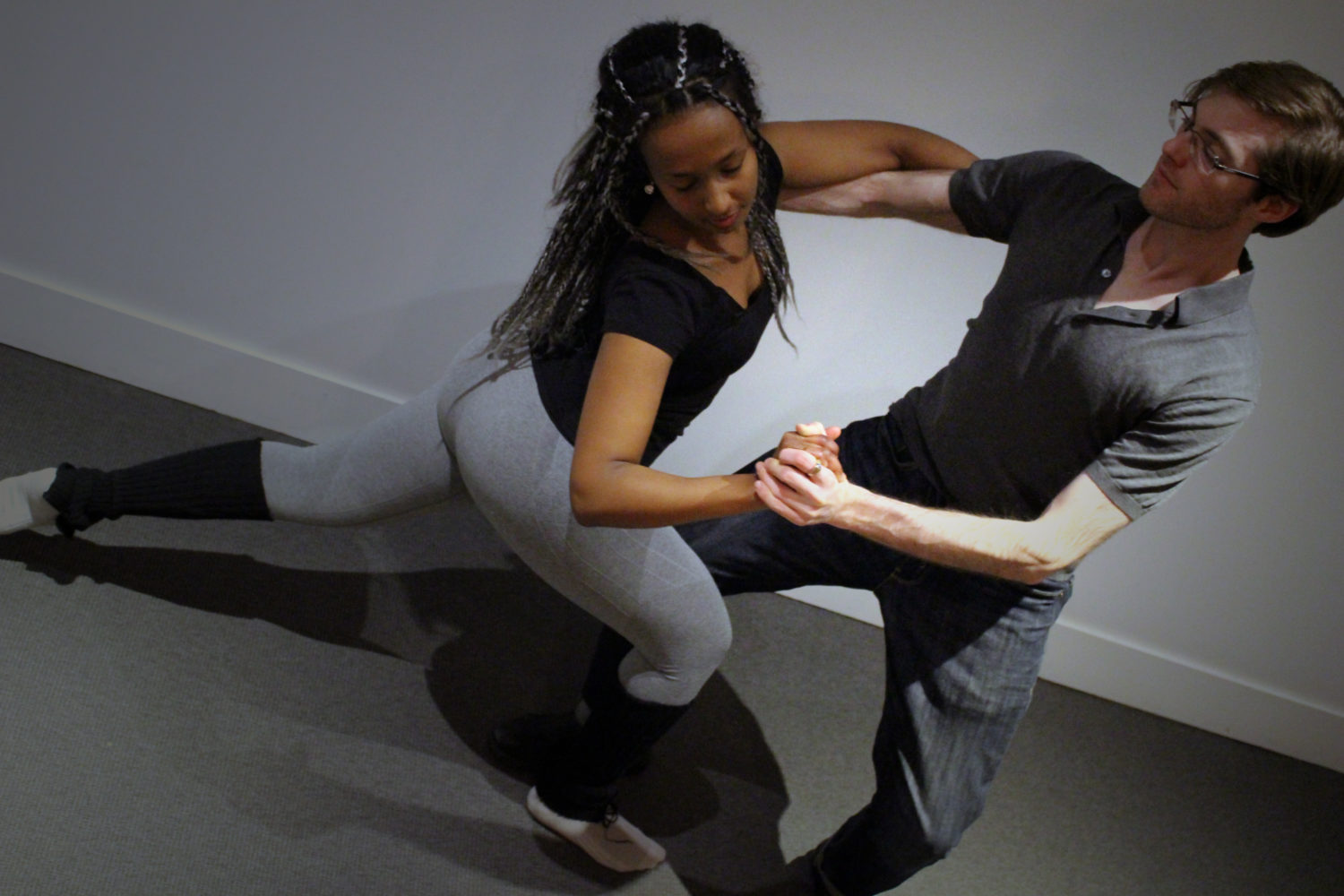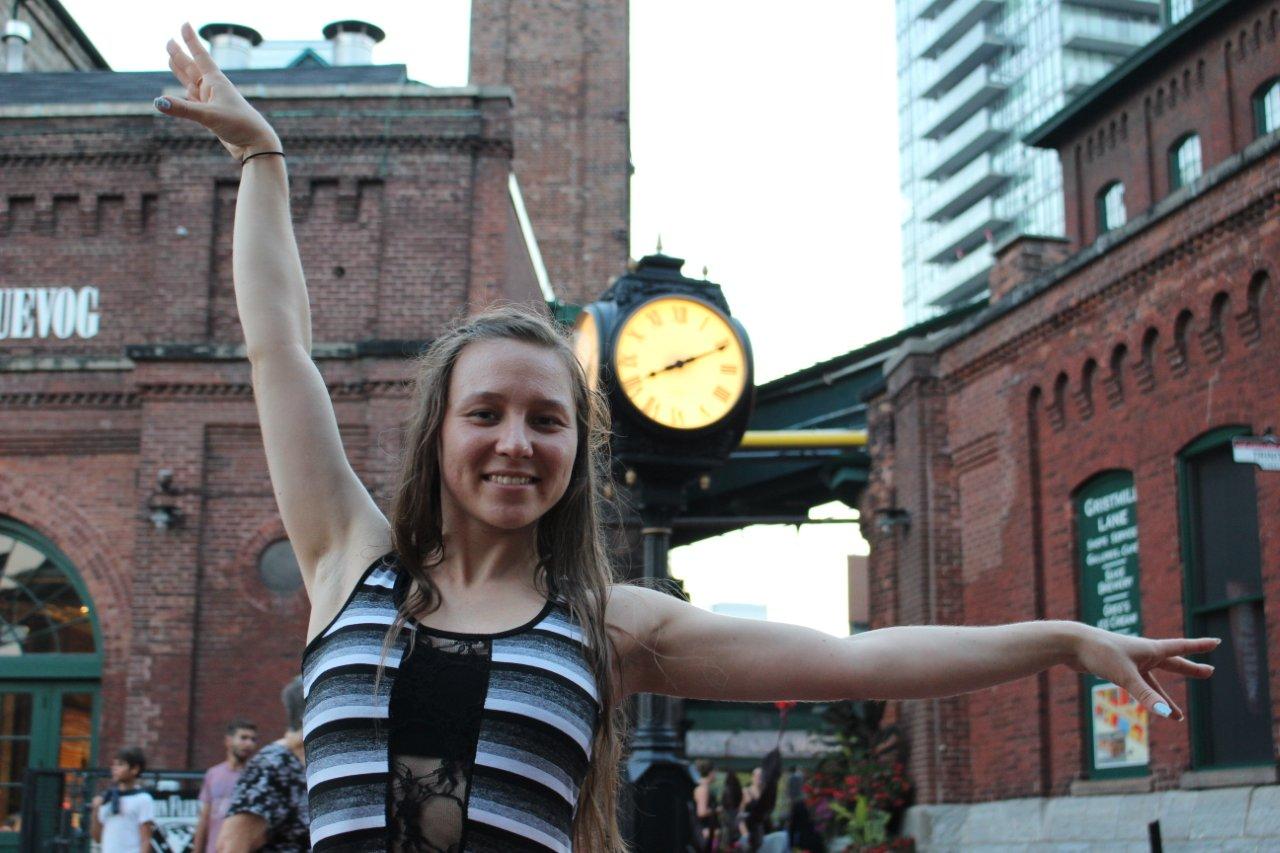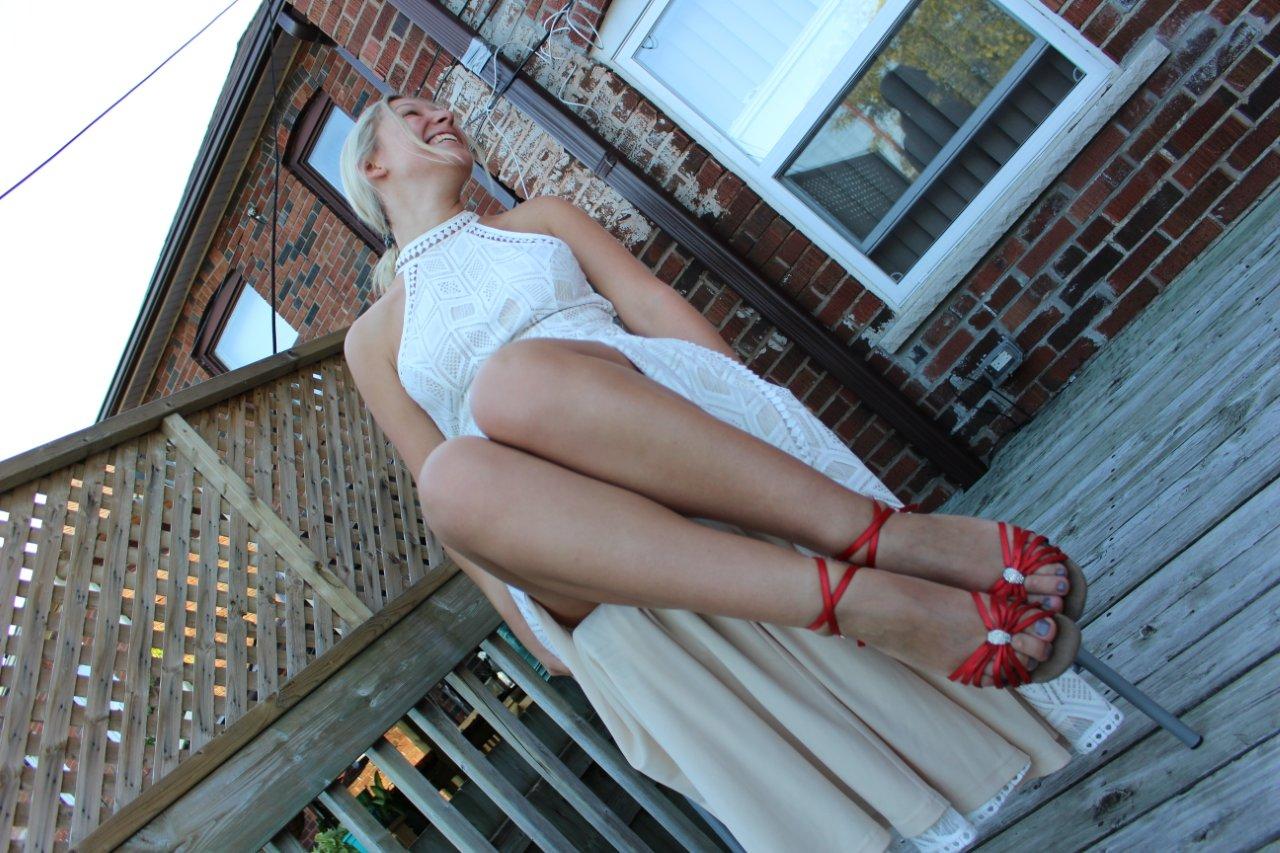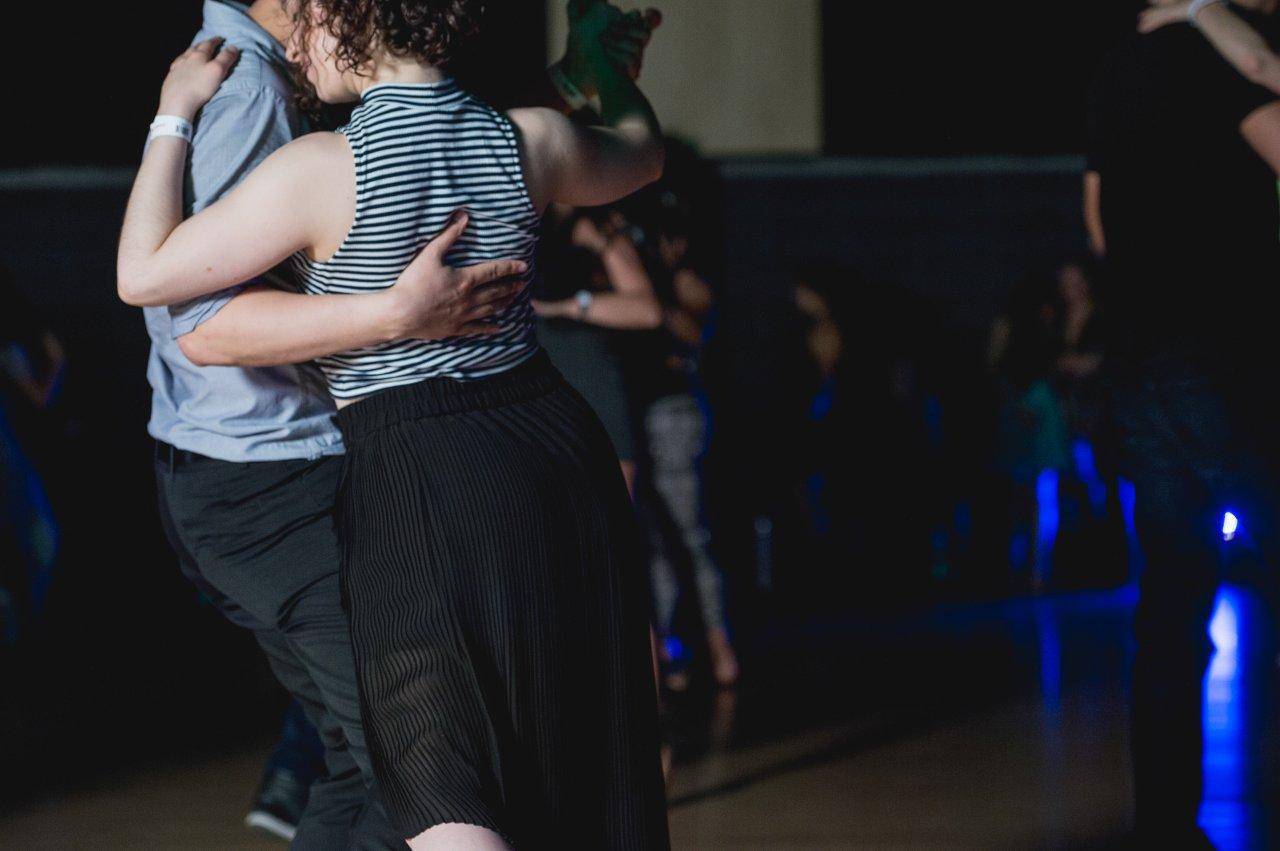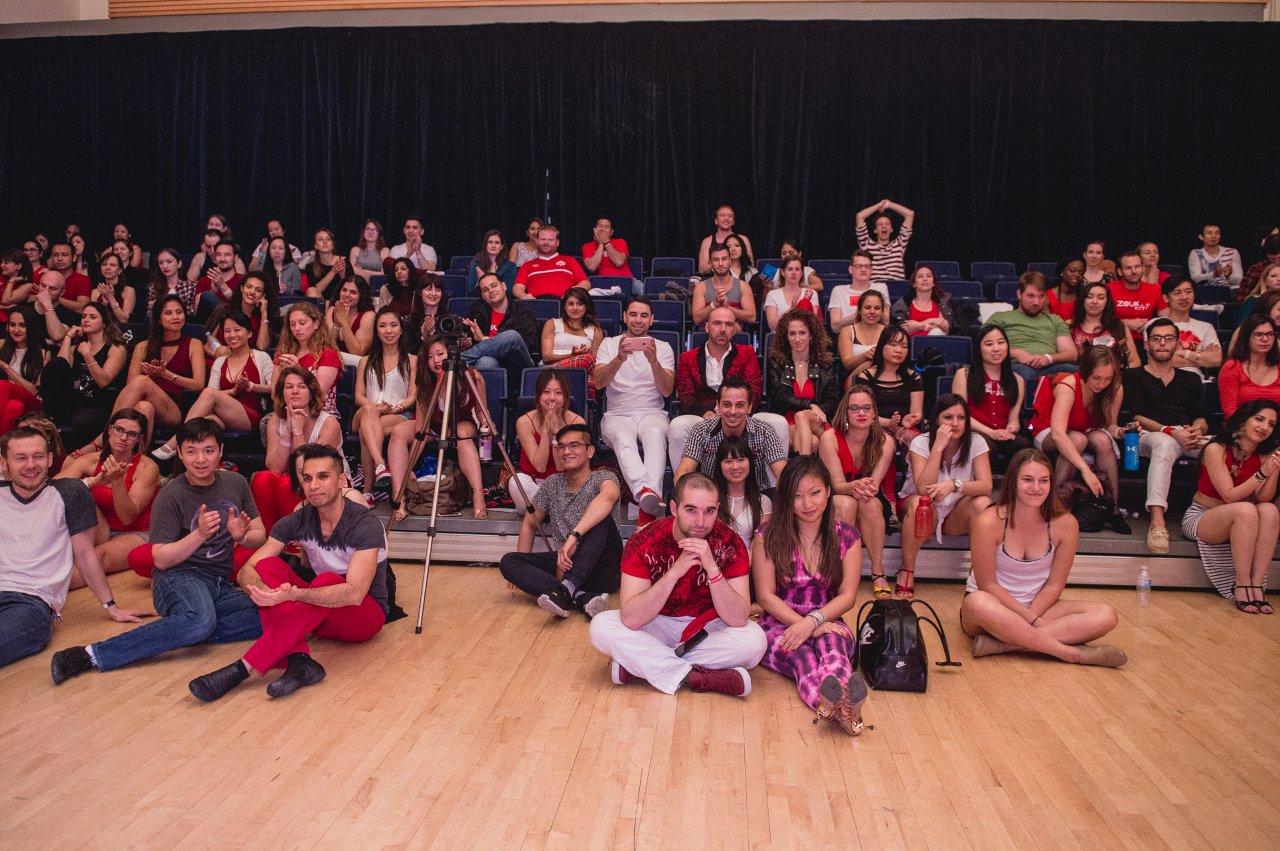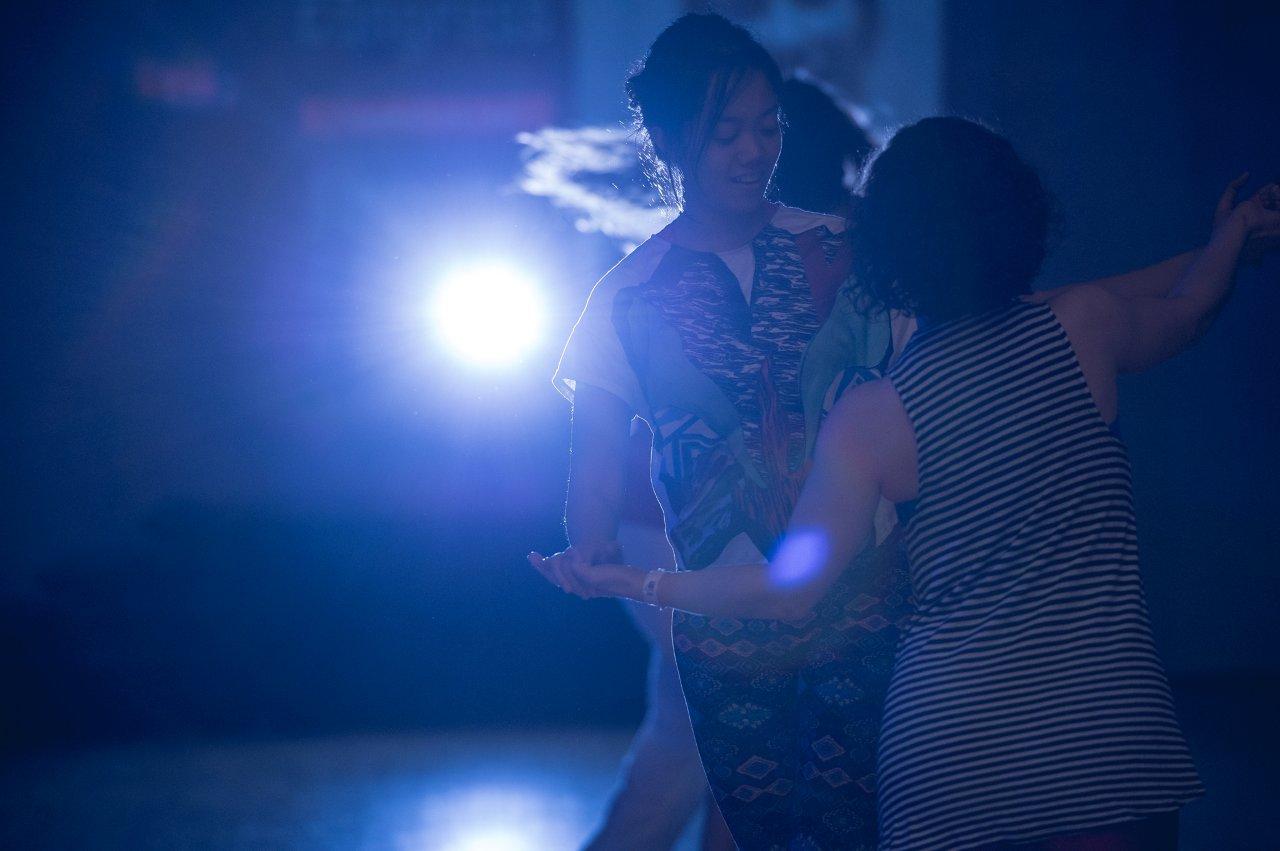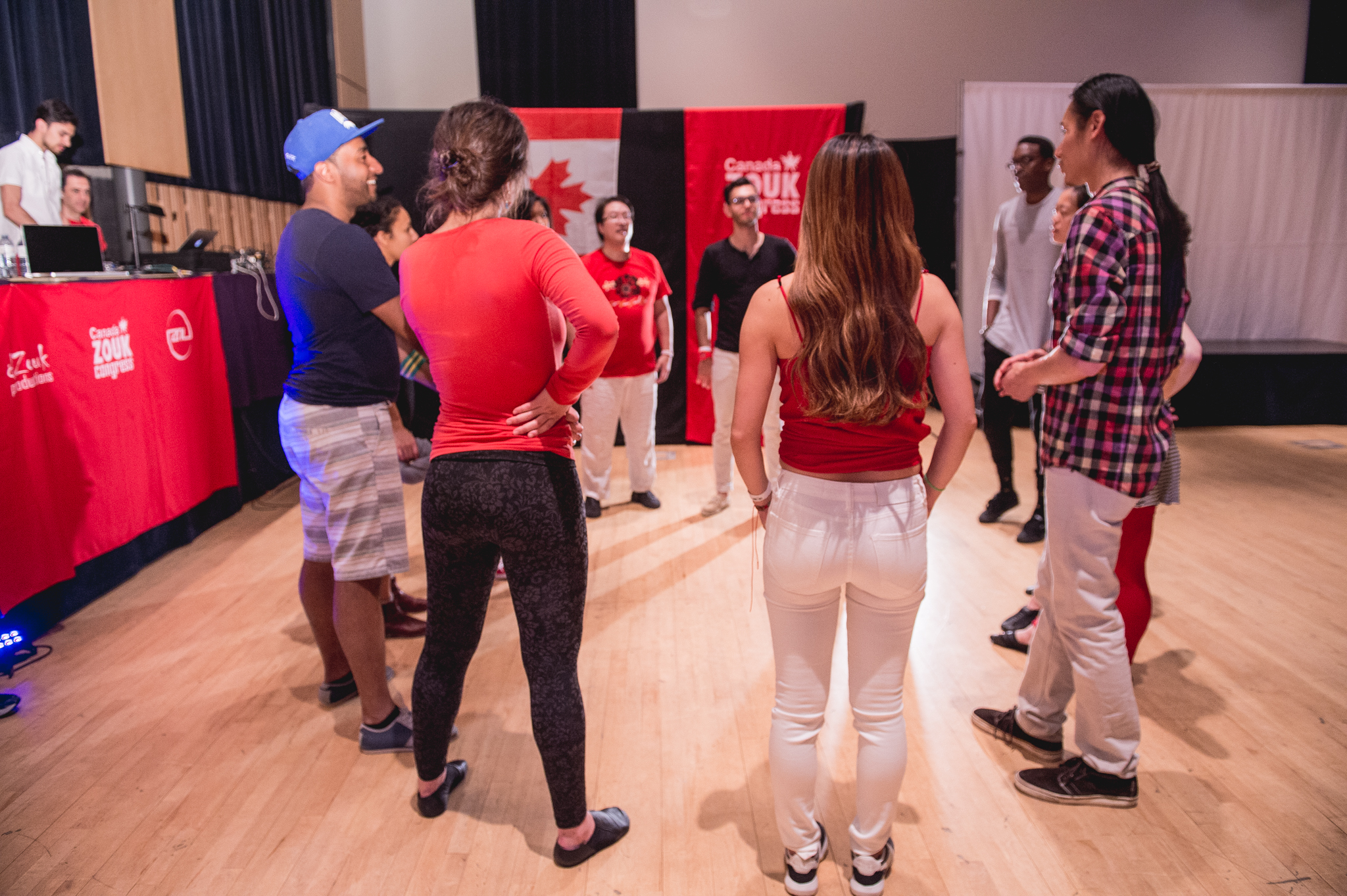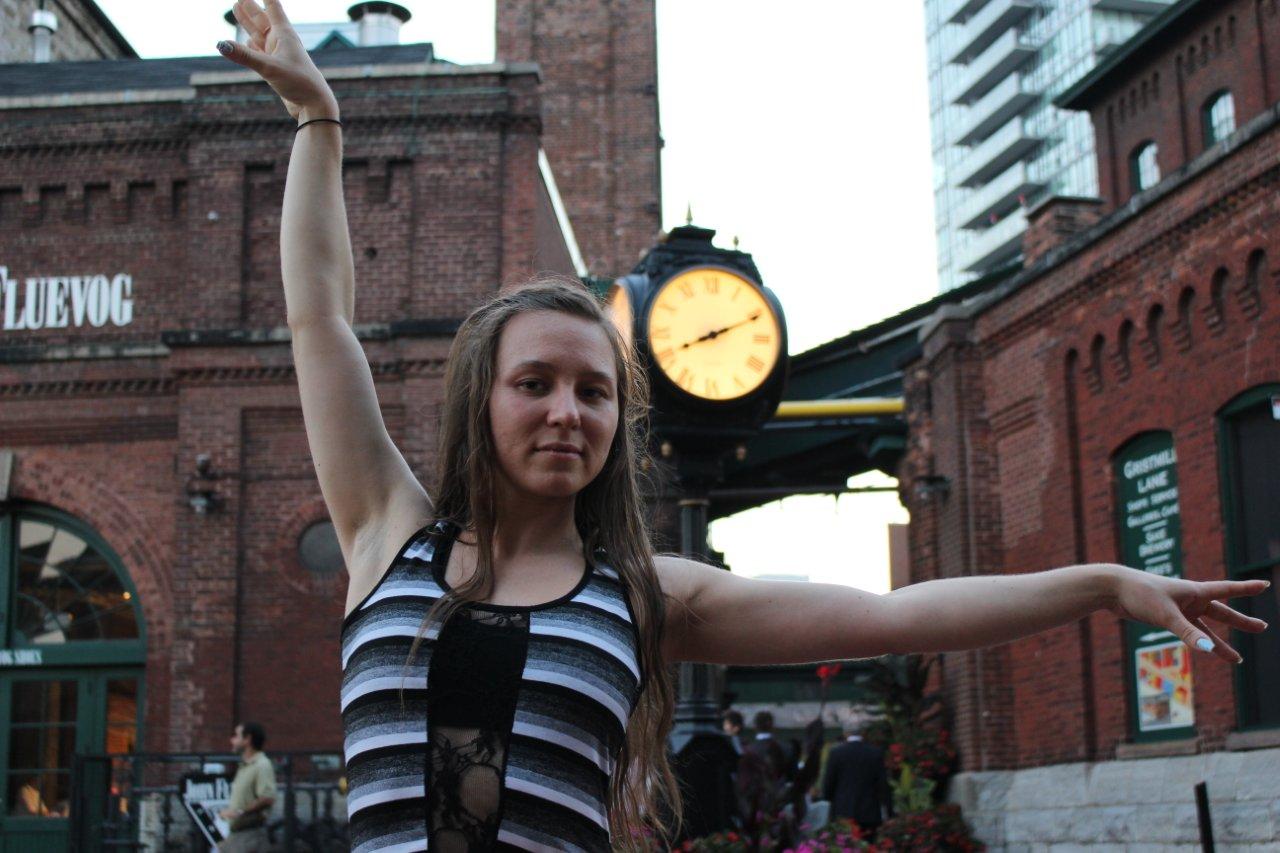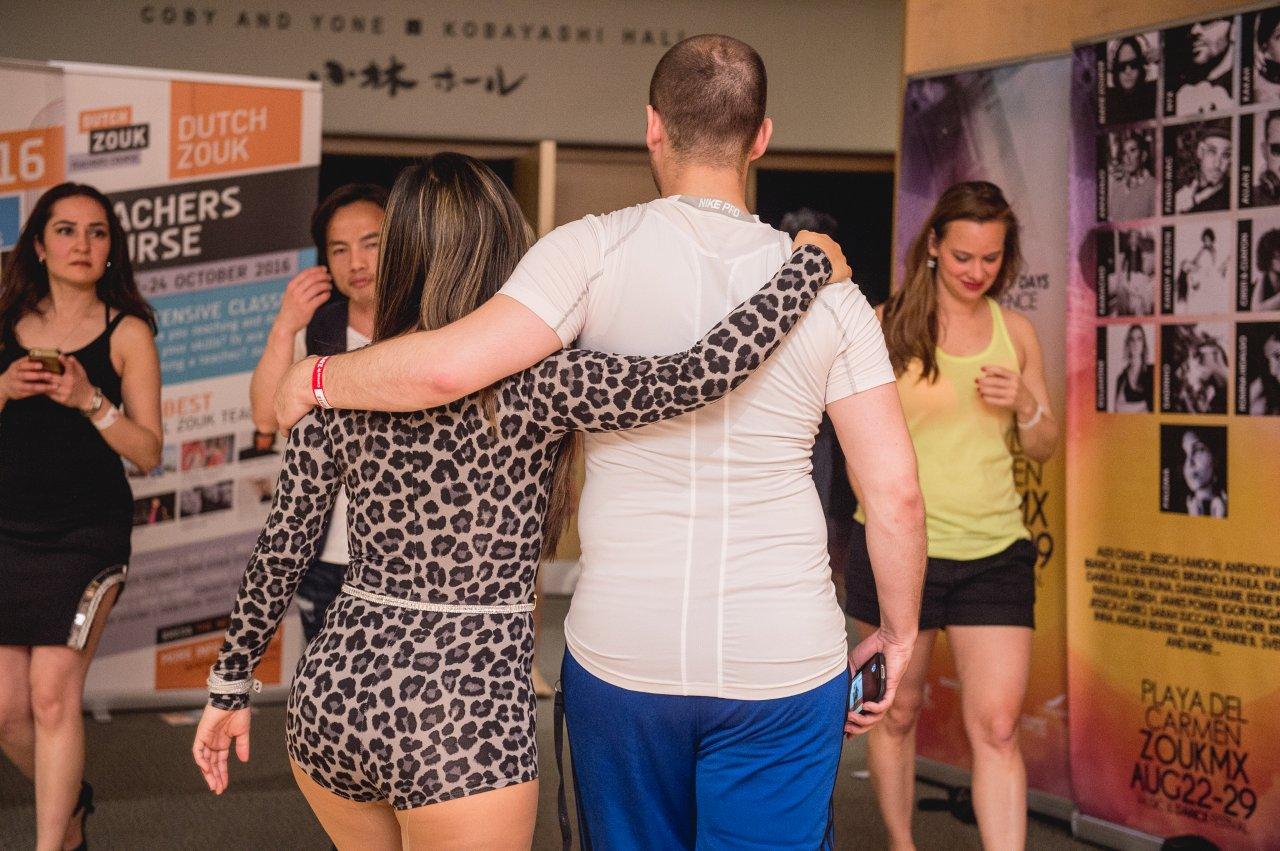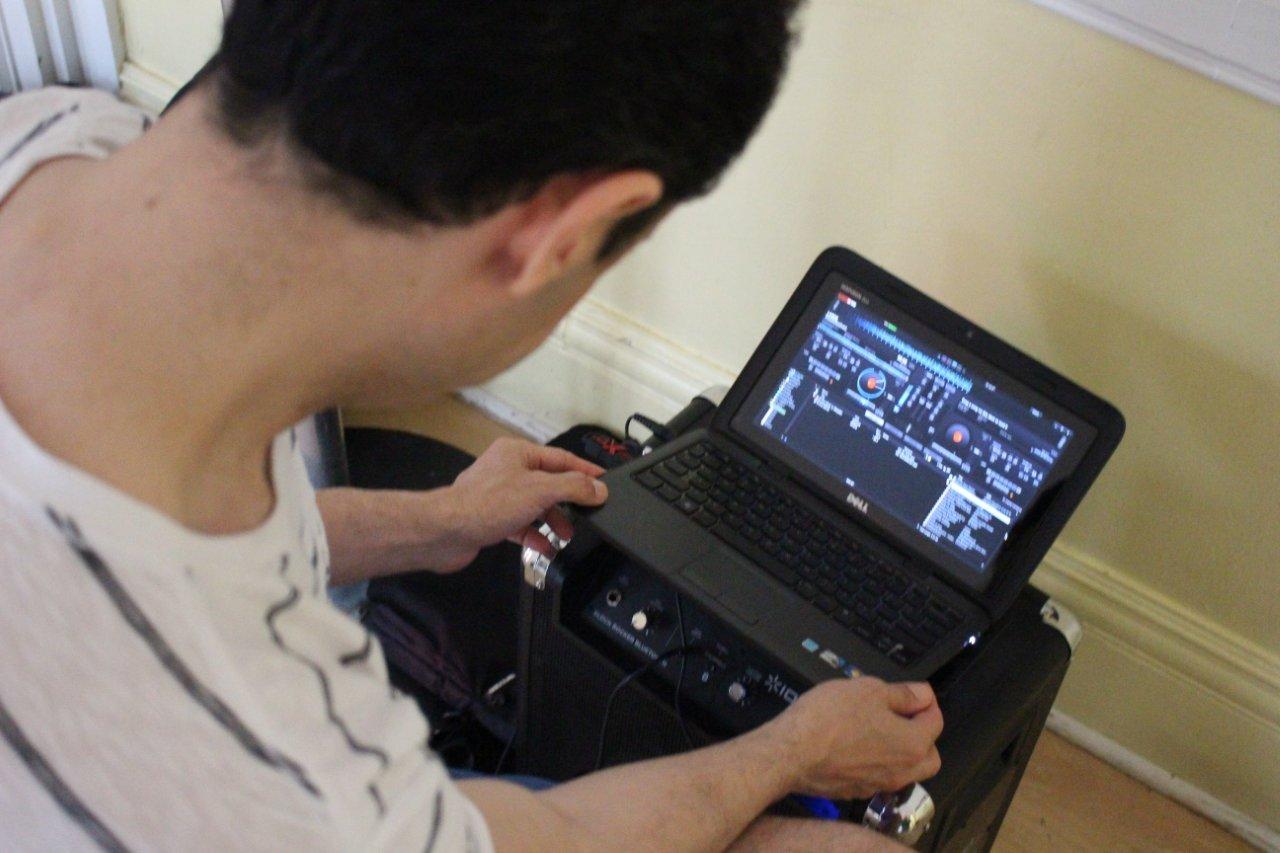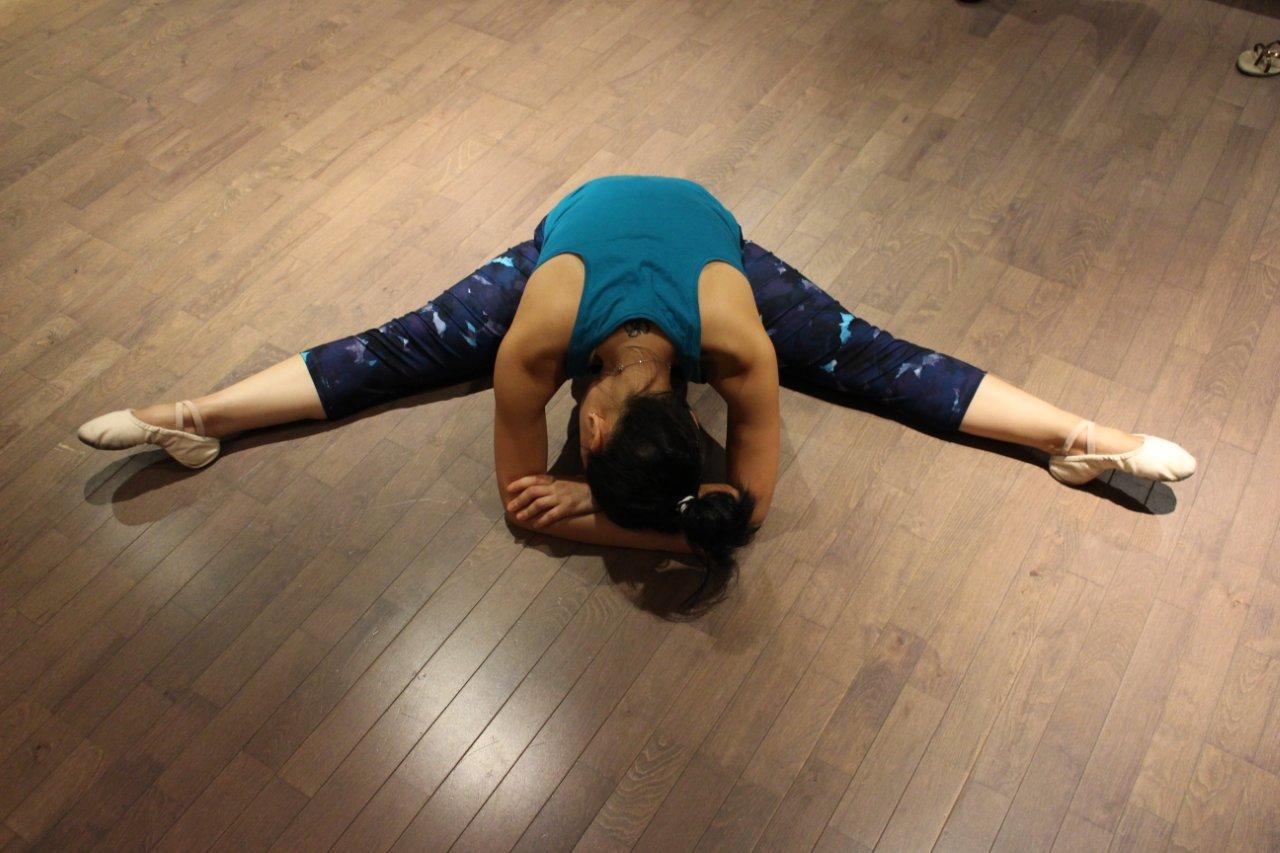For many, a fair dance world would be one in which hard work + time = a better dancer. The person who has taken two classes a week religiously for four years would necessarily be stronger than a dancer who has taken an occasional private or event workshop in the same length of time. In reality, this isn’t how things work. Why certain people get better faster Very often, people excel quicker than their peers for one of a few reasons: Physical conditions (which may include age, flexibility, strength, health, etc) Movement experience How they think Quality of instruction/dances Talent Accepting Progress…
-
-
Once upon a time, I was a broke student who wanted to dance. I jumped at opportunities that allowed me to learn for low or no cost whenever I could. Eventually, one of those opportunities turned into a full dance partnership. When I started teaching, I remembered dancing on a budget. So, for the first while that I was teaching classes, I thought that students should have access to classes – even if they couldn’t pay. So, I very frequently would accept students who said they were “unable” to pay. I rarely do that anymore. This is why. A Few…
-
Question: What do all the following scenarios have in common? A follow is encouraged to walk off the floor if their lead unintentionally executes something rough. The lead is also called an “idiot” by the advice-giver. An advanced dancer is told that they’re selfish for dancing several times with their favourite dance partner. A scene leader is told that they’re self-centered for not giving more to their community. A girl gets rejected for dances because she wore something “too revealing.” A lead gets excluded from a social dance competition because he’s not “devoted to dance enough” for a competition where follows vote…
-
Each dance has their own system and customs for dancing. Some dances have a pretty defined limit of one-song-per-partner, while in others you can spend an hour or more dancing with one person. Tango has the most defined example, with a Tanda (3-4 songs) being the ‘standard’. I spend the majority of my time dancing Brazilian Zouk, which has a pretty open, multi-song system in both North America and Europe. The ‘norm’ is 2-3 songs per partner in most places. One is still polite and acceptable – but so is dancing for over an hour. I’ve also gone to WCS events, where the general ‘rule’…
-
Social dancers tend to covet the idea of becoming an advanced dancer. When beginners first start out, they ask “how long will it take for me to be an advanced dancer?” (Answer: depends completely on your skills, how seriously you take it, and how willing you are to learn.) Meanwhile, the advanced dancers in the scene are frequently sought out for dances. Depending on the genre, maybe multiple dances. Newcomers look up to them, intermediates want to be them, and fellow advanced dancers treat them with a sense of camradarie. It’s very easy to see that some things change when…
-
We are used to paying cover to go social dancing, but for many people the concept of ‘paying for dances’ is both foreign and alarming. It is usually men who are ‘paid’ as a partner, and women who are paying. And, the practice is more frequent at large events than small socials. Paying for dances comes in several forms: taxi dancers, who are paid or given complimentary entrance/discounts to an event in exchange for social dancing; fundraiser dances, where pro’s are ‘tipped’ for a minute of social dance time and profits are donated to charity; dancer ‘rentals,’ where a high-level dancer is…
-
Some dance styles, like Kizomba, Brazilian Zouk, or Bachata, use a very close connection between the partners. These dances are often described as ‘sensual’ dances. For a few, they describe these dances as ‘sexual’. I understand why some people see it as sexual. Not too long ago, I was dancing with a lead who had a very intimate-feeling connection. It was intimate enough that I had to take a minute and decide whether or not he was asking for just a dance, or something more. This is after I’ve been dancing ‘sensual’ styles for over 7 years. In this situation, the…
-
Today is the third time in under a month that a story of sexual assault by a prominent dance figure has arrived in my newsfeed. That is extremely maddening. To be clear, I’m not taking a legal stance on whether or not the assaults in question ‘actually happened’, though my personal opinion is that the facts presented seem rather plausible in all three situations. But, that’s not my point today. My point today is to talk about how every person in our community has an obligation to always ensure they have a willing partner in every sexual encounter they have. No…
-
There are two groups of dancers most of us have heard of: the incompetent dancers who think they’re amazing, and the brilliant dancers who can’t understand the struggle of others. On face value, these two groups couldn’t seem more different. One group is typically very good at what they do, and a pleasure to dance with. The other is full of ego and a sense of superiority – even though most dancers would rather avoid them. But if we dig a bit deeper, they’re two sides of the same coin. They’re both based on an inability to understand their relative…
-
Update: It appears the original video is not linking properly from all browsers. If you are having trouble viewing it or it is not appearing, please check the comments below for the link posted by one of our readers. I just finished listening to a very powerful video from Kizomba Harmony’s Billy Myles. It focuses on the rape culture underpinnings of many dance communities – and I have to say I agree with almost every word. This man wasn’t the first to start opening the issue of rape. However, Myles’ influential status gives him a very strong platform to wrench the…
-
I love how many dance communities have a strong emphasis on technical foundations. It’s something that advanced dancers always loved, but social media made the importance of technical education more prominent. Dance scenes are growing and expanding. Some students take many classes a week, or invest thousands of dollars in privates. But, are we overeducating our social dancers? Defining Overeducation For the purposes of this article, overeducation has less to do with ‘taking too many classes’ than with an overemphasis on one facet of dancing at the expense of other equally-important components. For example: if you take 200 hours worth of dance training and 199…
-
Are you someone who constantly feels like you’re ‘taking one for the team’ when you go dancing or get involved in the community? You might be a dance martyr. Dance martyrs are characterized by feeling like they’re sacrificing their own joy, standard of living, or other happiness by giving back to the dance scene. Dance martyrs can be anyone. They can be the dancer who begrudgingly accepts every dance – even if they didn’t want to. It can be the volunteer who makes the organizer feel guilty asking for help. It can be the professional who makes people feel obligated to support…
-
It’s extremely likely that you will develop feelings for another dancer. It’s also quite possible that you will meet someone who has mutual interest. This leads to the inevitable question: should you date that dancer? The answer? It depends. Some people swear that they will never date another dancer. Others claim they could only date a dancer. Whether you’re on one of these extremes or fall somewhere in the middle, there are important questions you should answer before getting involved. 1. How jealous are you? Jealous people typically have more problems dating dancers. If you are uncomfortable with the idea of your partner dancing with other…
-
Disclaimer: Nothing in this article constitutes legal advice or a legal opinion. It is for information purposes only. The base for all discussion is in Canadian common law, and copyright law varies internationally. If you need legal advice on a matter, consult a legal professional licensed in your area. When should you credit? If you use an artist’s work, credit it back. Always. Even if they don’t expect it. Even if you think they’ll never find it. Even if you don’t consider it ‘art’. I’m not only talking about choreographies. I’m talking about photos, videos, costumes, music, and more. For…
-
I was honestly not expecting such an overwhelming response to my article on dance addiction. It caught me completely off-guard. From the responses, it’s clear that the article resonated with a lot of social dancers – and for that, I’m glad. But, what I want to address here are the people who felt like I was attacking the fact that dance has been a positive influence in their lives. I received several messages from people who highlighted how dance made them less lonely and more connected. On how it replaced superficial friendships with real ones. On how it gave life purpose, and illuminated faulty career…
